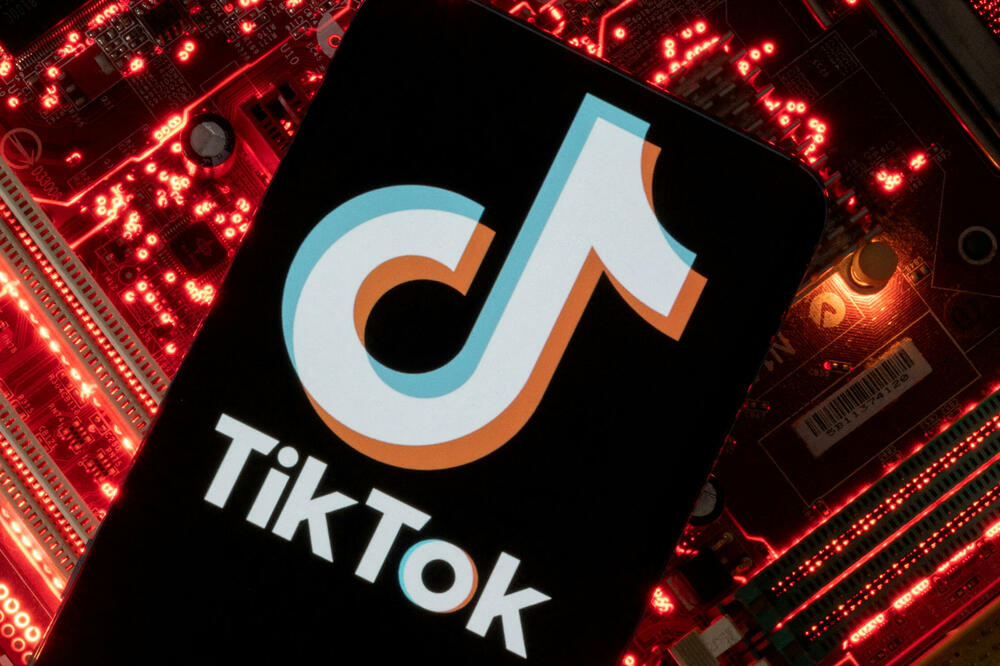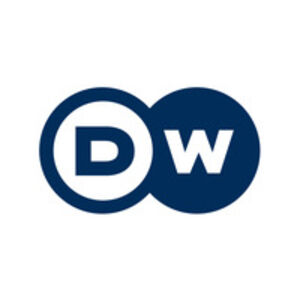Sounds like a good job for someone with ambition and money. But Chinese-owned TikTok isn't just a short video sharing app. It is a phenomenon that is changing social media and the way people communicate.
Claims of national security concerns in America don't make things any easier. Protectionist attitudes and the general mood toward China have turned bleak, and Congress is rushing to force the company to do something.
Does Congress have control?
For the US government, TikTok is more than entertainment – it's a news and information platform that can also be used for propaganda. For decades, the US has had restrictions on foreign ownership of traditional media such as radio or cable stations for policymakers. TikTok's restrictions are a logical consequence in the 21st century.
On March 13, the House of Representatives of the US Congress passed a decision to force the company to sell the application within six months or to ban it nationwide from the Apple and Google application stores. In order for the law to enter into force, it needs the approval of the Senate. President Joseph Biden has promised to sign it if it passes Congress.
TikTok may be waiting for a prince on a white horse to prevent the business from collapsing in America. The pool of available customers is small. Elon Musk is already busy revamping X, formerly known as Twitter. Who else can I contact? What will happen to the 170 million US users if TikTok is simply not sold?
A brief history in 60 seconds
This is not the first time that the sale of that platform has been hinted at. Donald Trump tried with an executive order to force BiteDance, the Chinese company that owns TikTok, to sell its US arm to an American owner as early as 2020. Oracle appeared to be interested, but negotiations failed, as did an attempt to keep the app out. app store.
Since then, TikTok says it has gone to great lengths to delete data about US users from its server and move all that information to servers in the US, a move it calls Project Texas. This would theoretically keep the data out of the reach of Chinese surveillance.
Many experts like Milton Miller, a cybersecurity expert at the Georgia Institute of Technology in Atlanta, doubt there is any real security threat after looking at all the evidence. However, many American politicians and the government's intelligence and security agencies are not resting and want to move on to the next step.
Who would want to buy TikTok?
With all that in mind, buying all of TikTok – or just the US part of it – wouldn't be a normal business transaction. That would be a geopolitical minefield. Would BiteDance still be the majority shareholder from behind? Who would run and update its powerful algorithm?
Miller, who watches TikTok several times a week, thinks a sale is "theoretically possible, but very complicated and unlikely." Adding that "the Chinese government may not allow this and it is unclear what is being gained or even what it means to sell a 'part' of a globally interconnected social media service".
Looks like BiteDance is ready to fight. The Chinese government has been reticent, but they could try to prevent sales by banning the export of the technology behind the app. Without its algorithm, TikTok would be less attractive.
Besides, it's hard to set boundaries and prevent access to something as free as an app. App stores would have to block all new downloads and updates for those who already have them.
And the deadlines are short. Miller recently spoke with a number of people at TikTok who say that selling technical or operational things doesn't work in such a short period of time. They would have had six months, "whereas the Grindr sale by another Chinese company took a year," he said.
A big and expensive purchase
The challenges just keep piling up. Any ban in America would certainly lead to an invocation of the First Amendment of the US Constitution. "The freedom of speech of American users would be limited, not the freedom of foreigners or the Chinese government," Miller said.
The price is also a problem. Many analysts believe that TikTok, despite all the difficulties, could be sold for over 50 billion dollars (45,8 billion euros). There are only a few companies that could afford to spend that much - Apple, Amazon, Google, Meta, Microsoft or Netflix.
Some of these companies would then be targeted by antitrust institutions due to the excessive concentration of key technology. Alternatively, all or part of TikTok could be spun off as an independent publicly traded company. Or US-based private equity giants could enter the ownership structure.
After the House vote last week, former Treasury Secretary Steven Mnuchin said he was working to assemble a group of investors to take over the company without disclosing details. It's ironic in itself that Mnuchin was one of the people pushing for a sale four years ago when he was a member of Donald Trump's cabinet.
It's probably not about apps at all
Still, it's not about good business, or even about national security, says Milton Miller. He explains the nature of the conflict: “It's a bargaining chip in the broader competition between the US and China, which is also used for symbolic reasons. Equating a commercial social networking app with espionage, and calling the CEO of TikTok in Singapore an agent of the Chinese Communist Party, is patently false."
Miller adds that it sells well to both Republicans and Democrats "who see the US in competition with China making efforts to maintain US hegemony." Forcing the sale of ownership would also set a dangerous precedent that other governments could use against US social media companies.
Ultimately, Miller expects that such digital protectionism will lead to "less competition and innovation in the market." The next national security threat can always be declared. Perhaps Chinese-made electric vehicles or battery systems? Retribution may never end.
So anyone interested in buying?
Bonus video:





